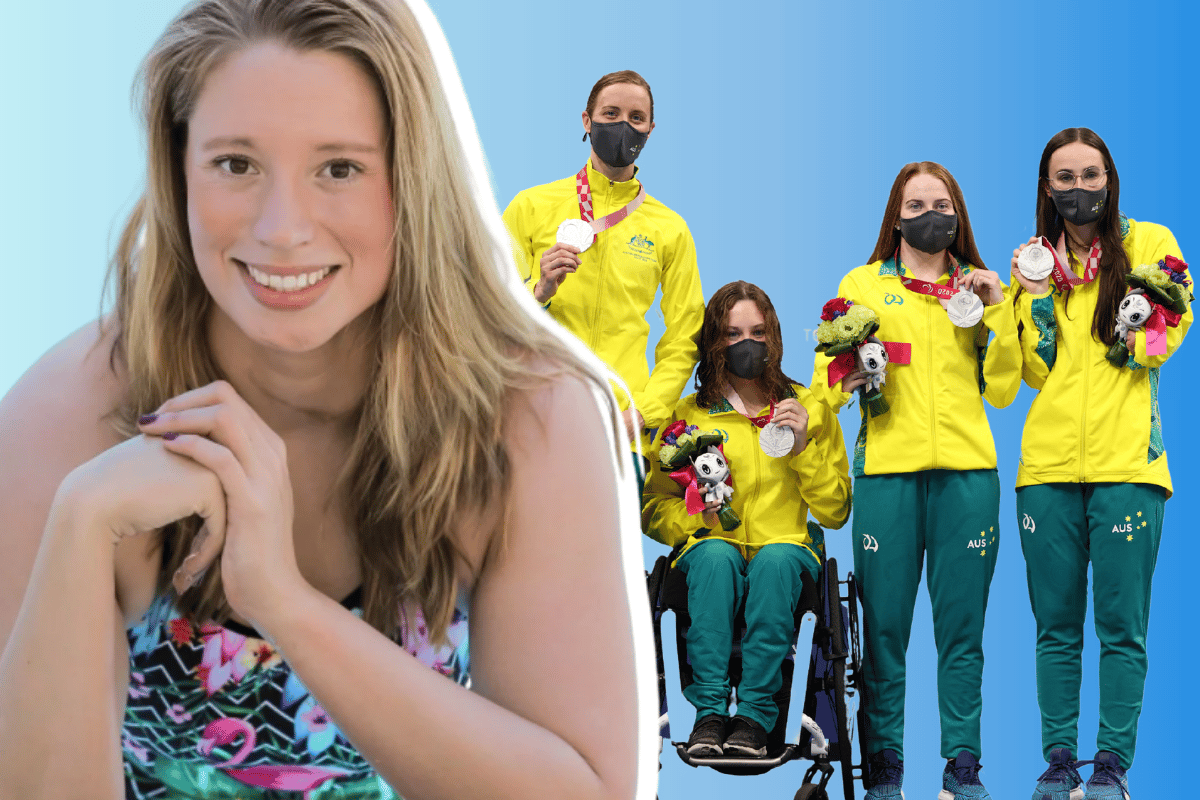
In a recent article by SBS, it was exposed that while Olympic athletes will be receiving medal bonus after their Tokyo performances, Paralympians will not.
This is not completely incorrect, but if you were to ask if Paralympians receive equal pay to their Olympic counter parts? The answer would be: hell no.
Australia’s Olympic Committee offers a medal bonus cash prize of $20,000 for gold, $15,000 for silver and $10,000 to bronze medal winners.
In contrast, Paralympics Australia has no money to offer their athletes.
Their money is spent up just getting the athletes to the games, and doing so safely - which this year, has been no easy feat. Remember, these organisations work separately to each other and work with entirely different sponsors.
Watch: Some surprising partners at the Tokyo 2020 Olympics. Post continues below.
For a Paralympic athlete there are various funding schemes. The first, and main one for most, being the Australian Government ‘dAIS’ scheme. As part of the Australian Institute of Sport’s high-performance strategy this scheme aims to support athletes with direct financial support. This funding is available every year, not just on a Games year, and is paid out every six months.

